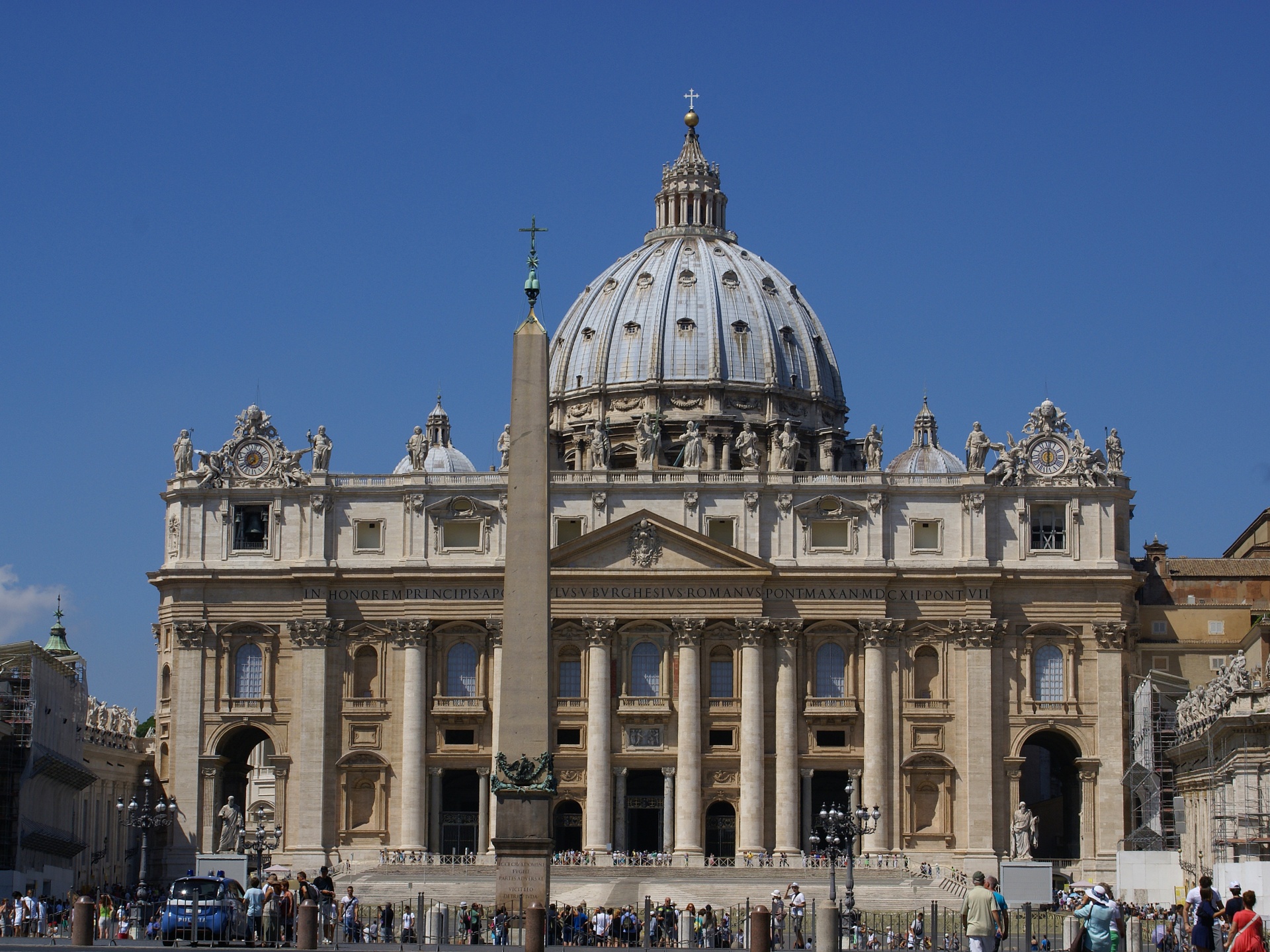 |
| St. Peter's in Rome |
Here is part of a correspondence I had recently. The person was using the typical argument that Protestants like to use drawing a distinction in Greek between "Petros" and "Petra,"
If you have never heard the Protestant claim, it's basically that when Jesus says "You are Peter [Petros] and upon this Rock [petra] I will build my Church" the Greek word Petros means "little pebble" while petra means "big rock". The Protestant is arguing that Jesus was not identifying Peter with "Rock," but rather contrasting Peter's littleness with the bigness of the Rock (i.e. Jesus). Therefore Jesus was not founding His Church on Peter.
In the Greek New Testament "Petros" is always used for Peter.(162 times).
Where did the notion that Peter means "little pebble" even come from?
Some Protestant apparently dug up this distinction from a long outdated form of Greek that wasn't even in use at the time of the Apostles (i.e. not Biblical Greek). This detail alone makes the Protestant argument invalid.
There are two types of Greek: Attic Greek, and Koine Greek.
In Attic Greek, there was a slight difference in meaning between "Petros" and "Petra," but in Koine Greek (the dialect used in the New Testament) they were synonyms. A place to look this up is D. A. Carson’s commentary on Matthew 16 in the Expositors Bible Commentary. He makes this point very well, and he is a highly-respected Evangelical Bible scholar.
Most Protestant scholars have rightly rejected this theory as well. But it always comes up with Evangelical friends.
--------------------------------------------------------------------------------
If I understand you correctly, are you saying Peter is not the person Jesus will build His Church on?

